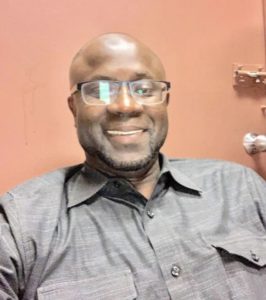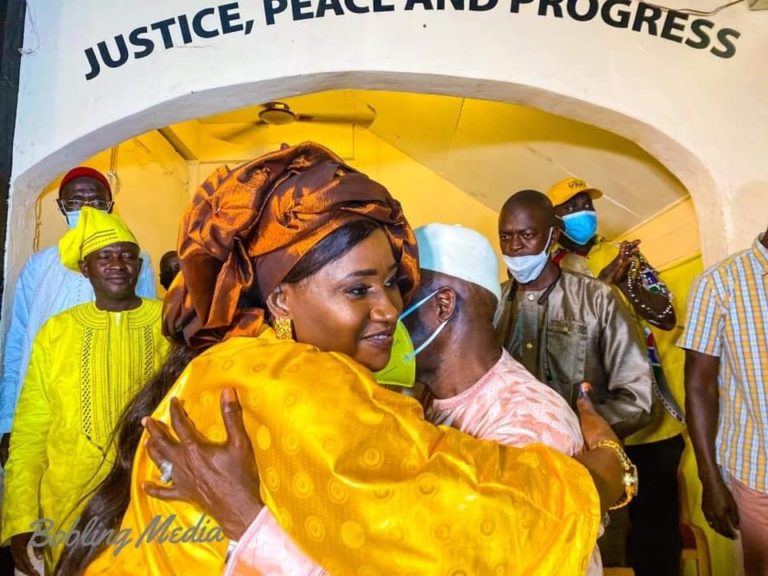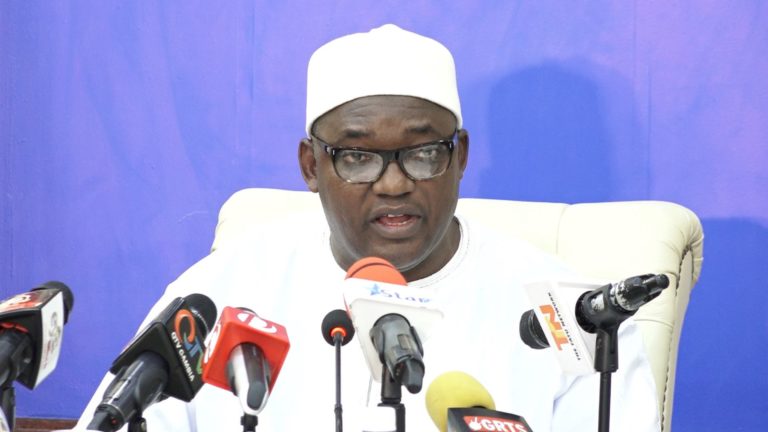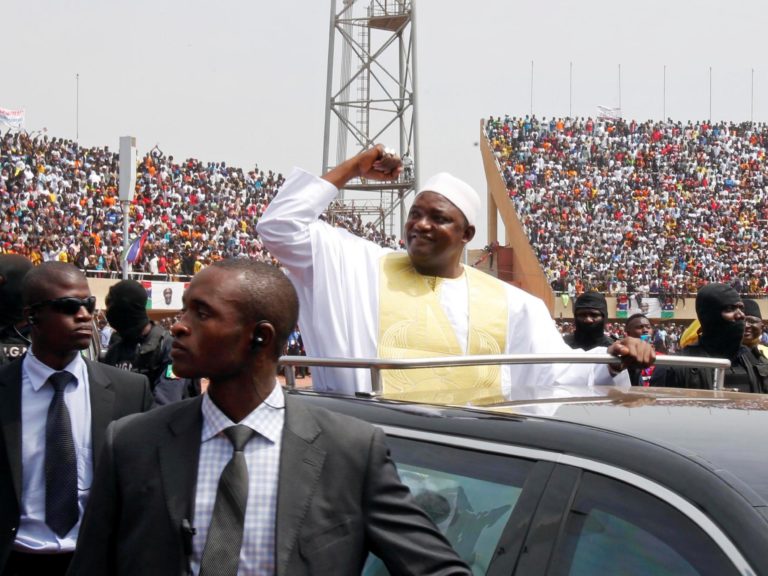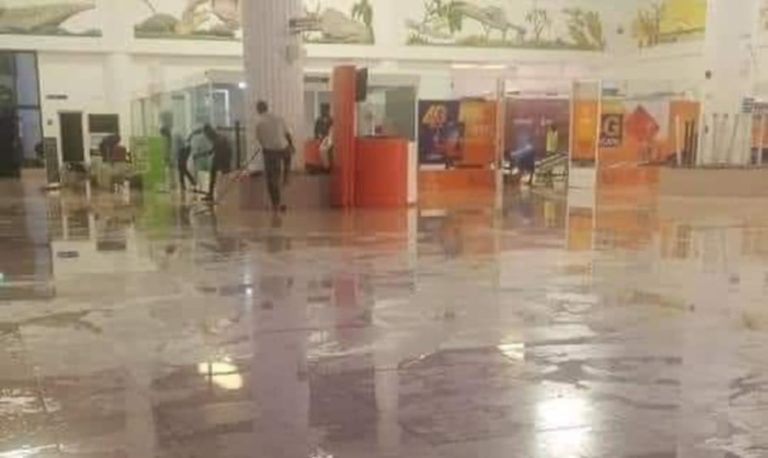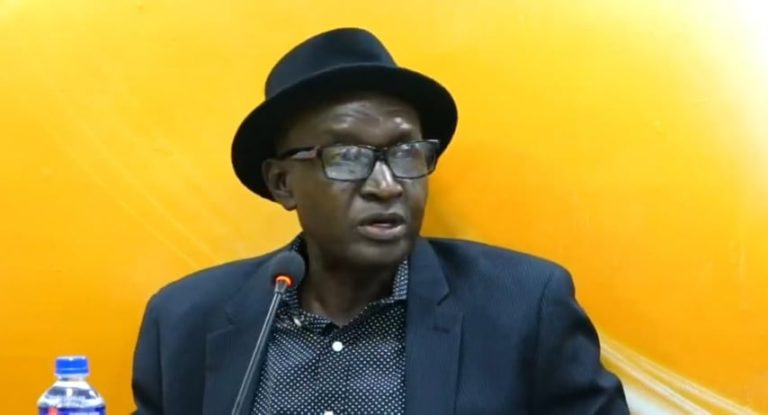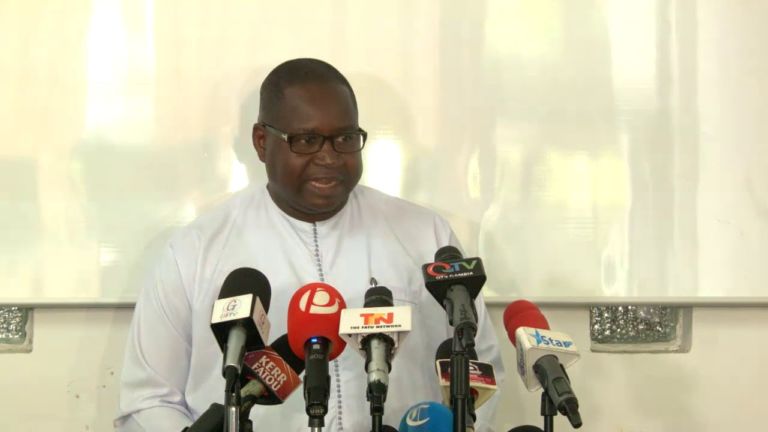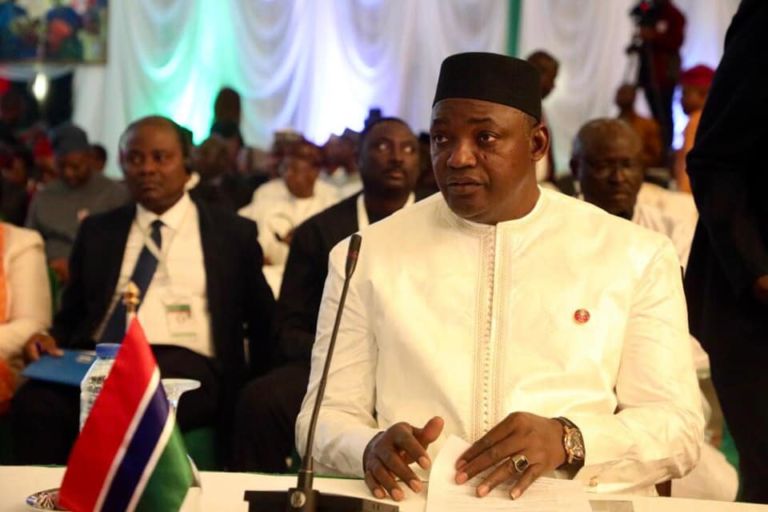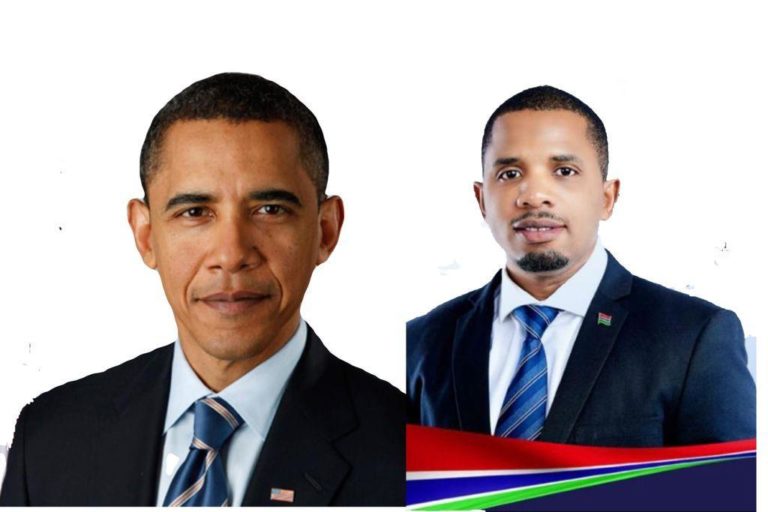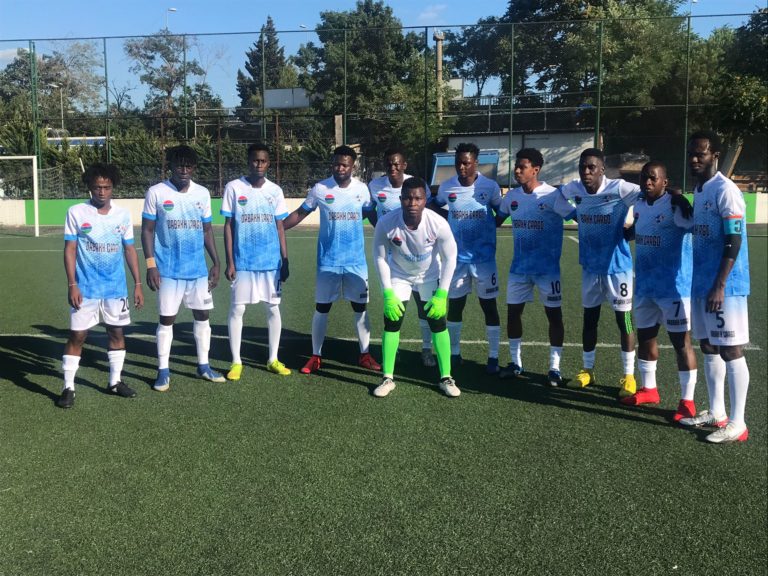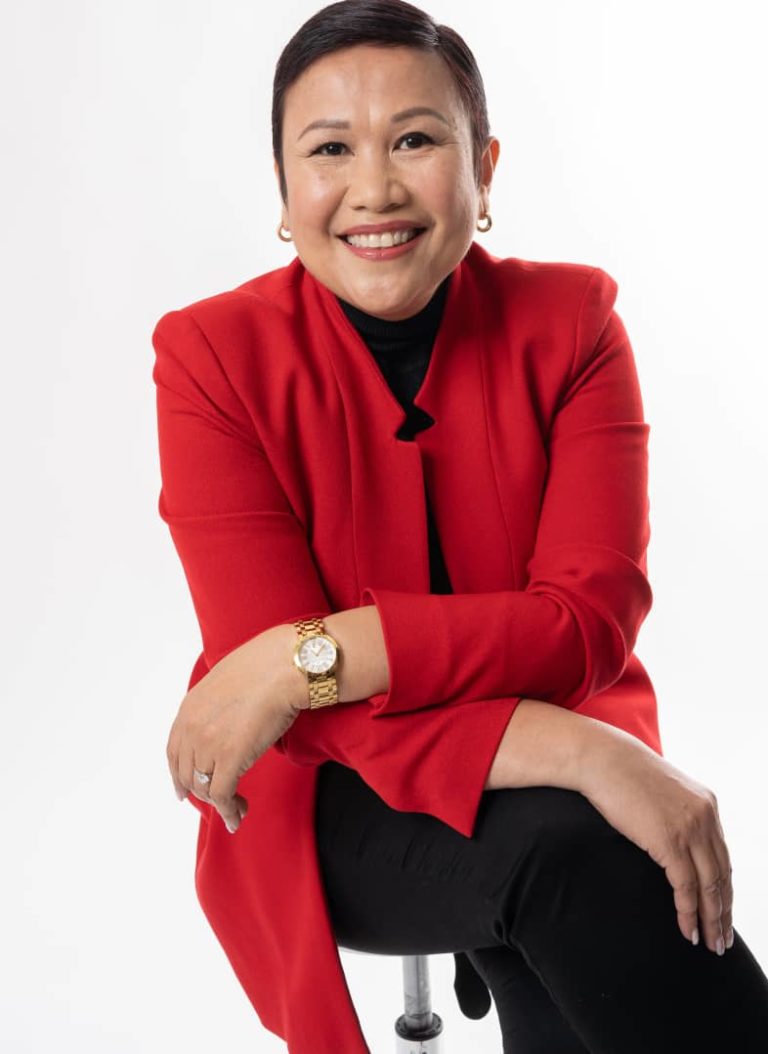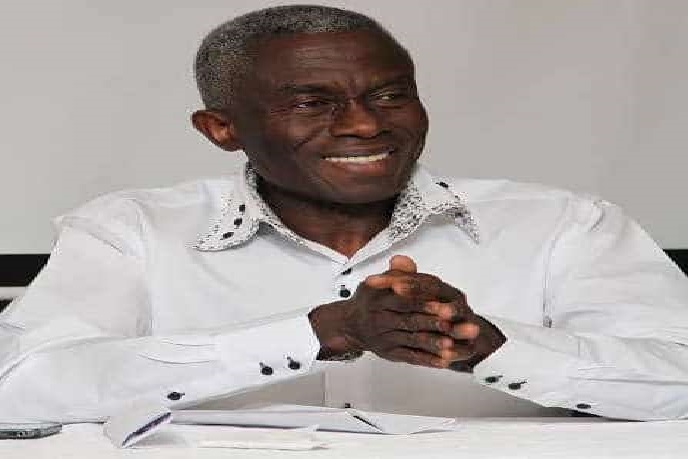QNET, a leading company in the direct sales and e-commerce sector, has officially launched an innovative weight-control programme in its African market, to address the spread of obesity and overweight problems causing corollary metabolic diseases, all linked to people’s lifestyles in recent years. The programme is in the form of a product called BELITE 123. The product boosts metabolism, balances appetite and detoxifies the body.
The new Belite 123 comprises three components that work in tandem to offer a weight management plan that can be easily integrated into one’s daily lifestyle: Belite 01 is a natural tea that acts as a morning booster to increase metabolism and regulate blood pressure. It includes a unique blend of natural green tea, chrysanthemum flowers, and kaffir lime leaves that help kickstart the day. Belite 02 is the star of the Belite 123 range, featuring the African Mango species known as Irvingia Gabonensis, an ingredient renowned for its weight-loss properties.
Popular American Health expert Dr Oz calls it a “breakthrough supplement” and a “miracle in your medicine cabinet”. Belite 03 is a natural tea consisting of cinnamon bark, senna leaves, and peppermint leaves, aimed at detoxing the body and improving digestion. This tea serves as the perfect end to the day, as it can calm the senses and heal the body during sleep. Together, they form BELITE 123.
BELITE 123 was launched at a meeting between the media and independent representatives of QNET, on Friday 20 August 2021, at the Bushman Café, Riviera CIAD in Ivory Coast under the theme: “Nutrition, health and wellness for beauty”.
Dr AKA Félix, a Nutritionist and Naturotherapist raised awareness on the importance of nutrition and good eating habits for good health. At the event there was an enriching conversation between health experts and participants as panelists took turns to interact with the audience.
Landry GNAMBA, Actor and Model shared his experience on the impact of his lifestyle and how it helped him create a healthy and fit physique that he is noted for..
Yibaï BAPES, an Ivorian influencer and plus-size model, concluded by raising awareness on the importance of good health and self-acceptance, which is a guarantee of optimum well-being.
Mrs Maxime PETI, speaking on behalf of Mr Biram FALL, Regional General Manager of QNET sub-Saharan Africa, said: “We are always keen to provide the best products and we aim to provide our customers around the world with different solutions for a healthy life. Therefore, we have launched a weight management programme to address the growing need for weight management. Indeed, the number of overweight people is increasing every day and Africa is increasingly affected by this phenomenon. People are eating less balanced meals and are becoming more sedentary. The BELITE 123 programme requires discipline and determination. Being healthy is not just about looking good, it is also about feeling good about yourself. That’s why BELITE 123 focuses on weight control, not weight loss.
“BELITE 123 can detox the body and boost metabolism, suppress appetite, downregulate the obesity gene, inhibit fat deposition, lower cholesterol, reduce inflammation, and improve bowel movement. Regular use of the Belite 123 weight management system delivers a holistic solution to anyone concerned about their weight. The Belite 123 weight management system/product, is the result of years of research and is supported by four different U.S. patents and 9 clinical studies that prove its efficacy. It uses a holistic approach towards weight loss that looks beyond diet as the cause of weight fluctuation and takes into account a combination of factors such as gut health, genetic influences and lifestyle habits.”
About QNET
QNET is one of the leading direct selling companies in Asia. It offers a wide range of health, wellness and lifestyle products that enable people to lead better lives. For over 20 years, QNET’s core business model, fueled by the power of e-commerce, has helped empower millions of entrepreneurs in more than 100 countries around the world.
QNET is headquartered in Hong Kong and operates in more than 100 countries around the world through subsidiaries, branches, agency partnerships and franchisees.
QNET is a member of the direct selling associations of France, Spain, Malaysia, Singapore, the Philippines, Indonesia and the United Arab Emirates, as well as the Hong Kong Health Food Association and the Health Supplements Industry Association of Singapore, among others.
QNET is also active in sports sponsorship worldwide. Some of the most important partnerships include the direct sales partnership with Manchester City Football Club and the Confederation of African Football (CAF) Total Champions League, the Confederation of African Football (CAF) Total Confederation Cup, the Confederation of African Football (CAF) Total Super Cup.



